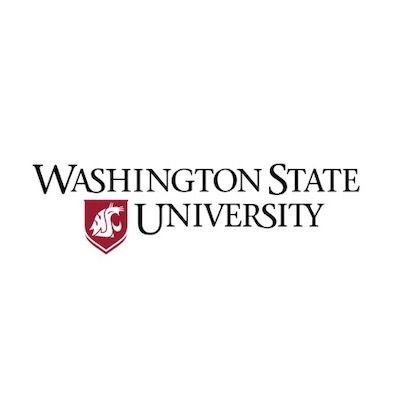Washington State University: Vaccine policy promotes community health
Washington State University recently implemented a new executive policy that expands vaccine requirements for students. It also codifies the university’s stance on required vaccinations for employees in response to public health mandates.
Executive Policy 43 – Prevention of Infectious Diseases with Vaccines and Screening – authorizes new vaccine requirements and creates a framework for addressing vaccination requirements across the system.
“There’s such a competitive spirit at WSU, and I wanted to channel that energy to show that Cougs make winning calls, not just on the field and in the classroom, but when it comes to the health of our students. Not only that, but we are a research-based institution, and we make decisions based on facts, science, and best practices as evidenced by the CDC and our peers,” Joel Schwartzkopf, assistant vice chancellor for student health and wellbeing, said. “This policy brings us to the forefront of our peers in terms of doing what’s right for students.”
Beginning with the fall of 2023, Cougar Health Services will be ensuring first-year students attending a physical WSU campus have been vaccinated or screened for several highly transmissible ailments:
COVID-19
Hepatitis B
Measles (MMR)
Meningitis (MCV4/ACWY) – Residential campuses only
Pertussis (Tdap)
Tuberculosis
Varicella
Student vaccination requirements may vary based on whether a student lives on-campus or if they are involved in heath science programs with a clinical experiential learning requirement. The availability of exemptions as well as proof of immunity is dependent on the required vaccine.
When Schwartzkopf arrived at WSU in 2020, he conducted an audit of the vaccine requirements of WSU, its PAC-12 peers, other public Washington universities, and its land-grant siblings in the western United States.
By only requiring COVID-19 and MMR vaccines, WSU was lagging many of its peers. And even the MMR vaccine requirement, which had been in place for more than two decades, hadn’t ever been officially codified in university policy, Schwartzkopf said.
It was particularly important for WSU Pullman to require the meningitis ACWY vaccine (and to strongly recommend a meningitis B vaccine) due to its high risk of spreading in congregate living, Schwartzkopf said. More than a dozen universities have reported outbreaks of meningitis cases of all types in recent years, which have led to severe negative health outcomes, including death.
“A significant part of public health is prevention, especially in settings like these where diseases can spread quickly,” Schwartzkopf said.
The COVID-19 pandemic put an exclamation mark on the necessity of addressing WSU’s vaccination requirements via official policy. The medical exemption process for vaccinations will be handed by CHS as it was amid the pandemic, with a review panel of university experts considering religious exemption cases.
Because the state of Washington maintains vaccination information for K-12 students across the state, CHS isn’t expecting to have to do much more work tracking down student information. Most of the exemption requests it received prior to the pandemic were merely cases where students had lost the paperwork.
Employees, volunteers and visitors
Executive Policy 43 goes further than just student vaccination and screening requirements. It solidifies into policy that should federal, state or local authorities establish required vaccinations or screenings, WSU must follow suit and require its employees and volunteers to provide proof of vaccination. And where supported by public health standards or guidance, WSU can also request specific vaccination requirements for program employees or volunteers.
By addressing employees, volunteers and visitors in Executive Policy 43, the university is codifying the stance it took amid the height of the COVID-19 pandemic. WSU opted to require proof of COVID-19 vaccinations for these groups in response to the statewide mandate implemented by Gov. Jay Inslee.
The policy allows for employees to request exemptions, with Human Resource Services providing information on new vaccination requirements as well as the procedure for requesting an exemption.
Visitors and contractors can also be required to demonstrate proof of vaccination, in keeping with public health directives, under the new policy.

